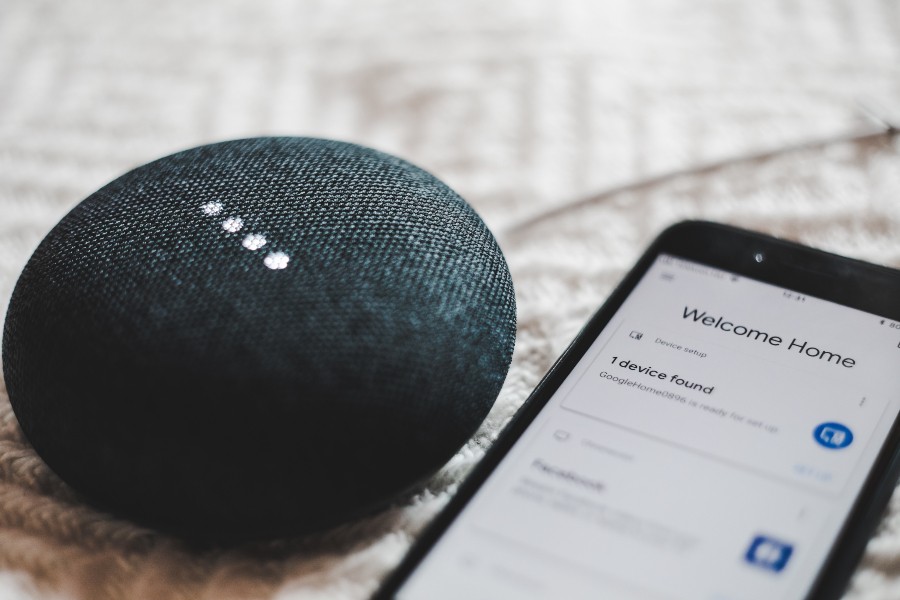Once wireless phone was a dream. Our dreams do come true. Quite visibly, we are dependent on smart devices much more than we can think of.
It is tough to imagine a house with zero internet connection right now, especially in this Covid-19 pandemic. This example is another reminder of the much-needed side of applied science: technology. We benefit from technology endlessly. For instance, the internet is something without which we alienate from the world.
The question is, why do we depend on smart devices so much? Sadia Raihan, a student of Computer Science at the University of Information Technology and Sciences (UITS), Dhaka, explains her need of using smart devices as a daily necessity. A laptop/desktop is necessary for her to attend online classes and exams. A smartphone is essential to arrange files and submit them to the teacher. It is impossible to do these tasks without those devices. The necessity of modish and computerized electronics is conspicuously relatable in her example.
Sazeeb Rahat, a student of Electrical and Electronic Engineering at the University of Liberal Arts Bangladesh (ULAB), is quite a fan of technology. He uses his Fitbit smartwatch as a go-to. Why? He can quickly walk through the rain without worrying about the delicacy of drenching along with a watch. Alongside, he can keep track of his general well-being.
We have noticed chatbots on social media sites. Marketing strategies include instant services and as-soon-as-possible responses with the customers. With the demands increasing, we could not opt for manual replies since they take time. We had to implement bots to take care of the messages, comments of the buyers. The likes of Facebook and Amazon are already doing that. We are no longer shorthanded to digital electronics but more advanced ones indeed. The reason why Facebook's Marketplace is hugely successful in Bangladesh includes those features of Facebook that increase customer reach-out.
COVID-19 made us stay home and make fast and secure internet connections a part of our daily life. A simple magic box serving internet from the drawing-room to the corner's bathroom is a router. Wi-Fi only became more elevated and more accessible with time. Wi-Fi's past upgrades focused on fast internet speed. The future upgrades will not only focus on speed but also on efficient bandwidths shared across multiple gadgets.
Do you need a pocket phone? Weirdly enough, in this era of Netflix binge and popcorn nights, Apple launched iPhone mini 12. The need for small phones seems to be undermined by the popularity of maxi tablets, smartphones, and computers. To your doubts, small phones are classic and have always had a craving from the buyers. Salma Begum, a Government Service Holder from Dhaka, expresses her joy in using small smartphones and admits her distaste towards mega ones. According to her, mini phones are attractive, easy-to-carry, and handy. Apple did not make an entirely wrong choice by bringing in a mini version of their product. Our preferences also make for the case of what we use.
Gadgets are part of our needs, cravings, and our necessity. Why we use gadgets comes down to why we want to use a gadget. After a hard day, a glass of juice off the juicer makes us happy. In addition, using a smartphone too much shows signs of addiction. It all comes down to the way we handle something.
Sofia Noor Rafa is a student of the CSE department, East West University, Dhaka.
[email protected]


